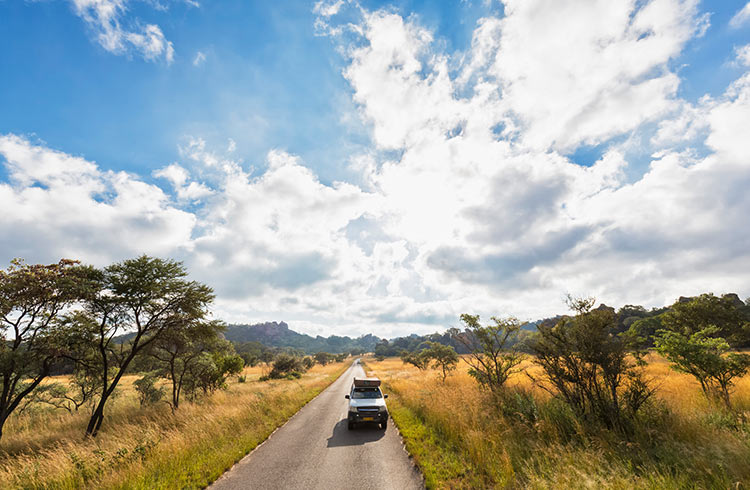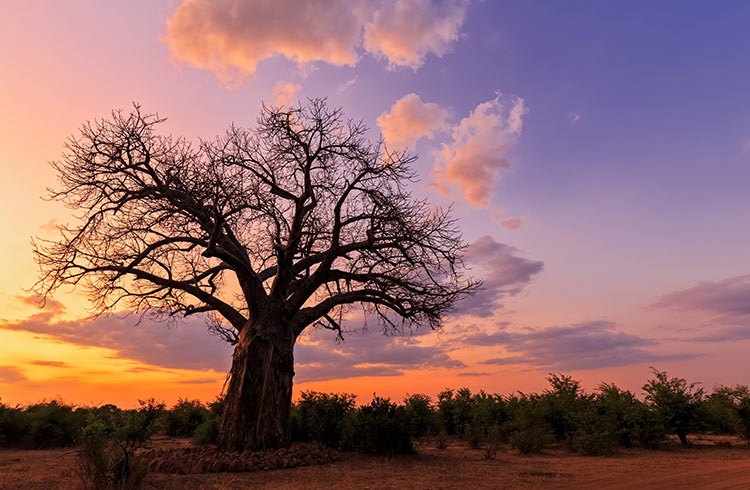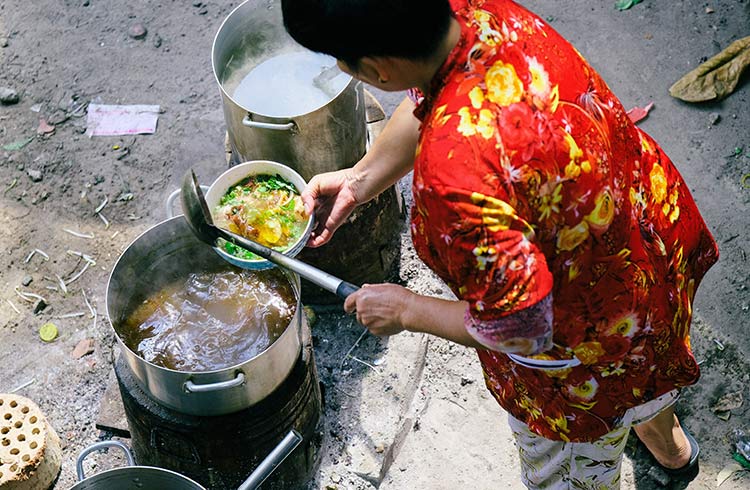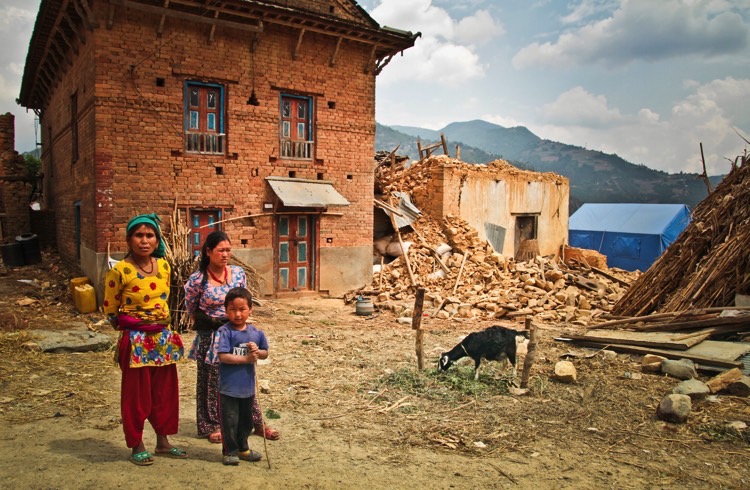Crime and Scams in Zimbabwe: Essential Tips for Travelers
Travel to Zimbabwe is generally safe, and it’s rare for foreign visitors to be the victims of crime. But scams and petty theft do occasionally happen. Here are the types of crime to watch out for.
 Photo © Getty Images/Westend61
Photo © Getty Images/Westend61
Zimbabwe is a very safe country for travelers. Zimbabweans by nature are very welcoming and friendly to foreigners, and the tough economic situation has not significantly affected the country’s safety for visitors.
Crime is generally not a big problem here, although random pickpocketing, smash and grabs, theft from vehicles, and scams do happen. Having been born and raised in Zimbabwe, as well as having worked in the Zimbabwean tourism industry for almost a decade, I can say that it’s very rare for foreign travelers to be victims of crime. Here are the main issues to be aware of.
- Scams in Zimbabwe
- Corruption
- Crime and safety on the roads
- Staying safe on the streets
- Crime and safety in Zimbabwe's national parks
- Safety tips for Zimbabwe
Scams in Zimbabwe
I've heard of several people being scammed after making a booking through non-existent travel agencies. A check on Google or Facebook is not enough; always check the Zimbabwe Tourism Authority website, as all legit travel agencies and tour operators are listed there.
Corruption
What I have observed is that corruption only surfaces when you have either incomplete papers or are traveling with an unroadworthy vehicle. The police are poorly paid and will be more than willing to accept a bribe to look the other way. If you have the correct paperwork and observe all the laws of the country, however, you shouldn’t encounter any demands for bribes.
Zimbabwe has a very heavy police presence, with several roadblocks on the highways and police officers patrolling on foot, bicycle, and motorcycle. Cases of police brutality are only related to politically sensitive issues and impact locals, never tourists. All police officers in Zimbabwe are trained to identify themselves before engaging you and carry plastic identity cards with their pictures and force number. Any request for payment for any service offered by the police is illegal.
Crime and safety on the roads
Most roads in Zimbabwe are not maintained, and therefore speeding is not advised. I have lost several tires to potholes, especially during the rainy season when they become deeper, fill with water, and are more difficult to dodge.
Cases of vehicle theft are sporadic in Zimbabwe, but due to the multiple roadblocks, any vehicle thief would be quickly apprehended. Cases of smash and grab (where thieves break a window and grab valuables) have been reported in the main cities at night, especially at traffic lights, but these are not very common.
Staying safe on the streets
Petty crimes such as pickpocketing and mugging have been recorded but generally haven't involved travelers. This is because petty crimes like these often take place in crowded places in the ghettos or in downtowns, which aren't where tourists typically go, and because Zimbabweans hate thieves. Just a shout of "Mbavha/thief!!!" will trigger a swift chase to return any stolen goods to the rightful owner. I once lost a phone to a pickpocket in downtown Harare, but unfortunately realized it too late to raise the alarm.
Like most countries in Africa, walking at night in unlit areas or dark alleys is not advised, as most muggings happen at night. But this is only a concern in big cities and hardly the case in resort towns such as Victoria Falls and Kariba, where the only security risk for lone pedestrians is from wild animals.
Crime and safety in Zimbabwe’s national parks
National parks are generally safe for visitors for two main reasons: location and access control. Most parks are located far from villages and access is strictly monitored; every person (and vehicle) is registered upon entry and exit, hence tracking a criminal would be very easy. Also, most of the national parks, especially in the Eastern Highlands, are believed to be sacred by the locals, which dissuades any mischief.
The only criminals in national parks are poachers, who target creatures with valuable horns or tusks such as elephants and rhinos; unless one has ivory tusks, there is no threat to a traveler's safety from these criminals. But do be vigilant, as baboons have been known to snatch food and handbags, mainly from women and children. Once a baboon grabs something, recovery is often almost impossible.
Safety tips for Zimbabwe
- Always be aware of your surroundings, familiarize yourself with local rules and customs, and comply with all laws, including but not limited to traffic regulations and personal conduct (nudity, pornography, public drinking, and public urinating are all illegal
- Some tourist/cultural heritage sites have unwritten customs, so always consult with your guide or any custodian of the place on the do's and don'ts
- Always travel with the correct paperwork. Before embarking on a journey, make sure your vehicle has spare tire(s), vehicle registration books, valid insurance and a serviced fire extinguisher
- Always ask to see identification from anyone asking to check your papers, and don’t engage with anyone who lacks official identification or offers to help you avoid legal requirements
- Avoid interfering in local political activities (rallies, demonstrations, protest marches etc.)
Always travel with your passport/identity documents (note: your passport is never requested at a roadblock, unless there is a severe need to do so, i.e., your car has been flagged as stolen or carrying contraband. Passports are requested when using national parks facilities.) - Never agree to an offer to provide a service you're supposed to pay for at a ridiculously lower fee (it's almost always a scam or corrupt scheme)
- Avoid displaying/leaving valuables such as phones, laptops, and cash in unattended cars. Also, put away all valuables at night when approaching traffic lights to avoid attracting smash and grab thieves
Related articles
Simple and flexible travel insurance
You can buy at home or while traveling, and claim online from anywhere in the world. With 150+ adventure activities covered and 24/7 emergency assistance.
Get a quote


No Comments